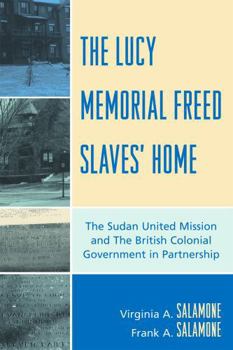The Lucy Memorial Freed Slaves' Home: The Sudan United Mission and The British Colonial Government in Partnership
Fieldwork has been combined with archival research conducted in the United Kingdom, the United States, and Nigeria to explicate the manner in which the Sudan United Mission strove to create a Christian Northern Nigerian identity in order to combat a Muslim Hausa identity. To accomplish this transformation, the missionaries created a home for freed Nigerian slaves; it was named after Lucy Guinness Kumm, one of its founders. The story of the home and its use takes place in the midst of Lord Lugard's colonial ideal of indirect rule and the working misunderstanding in which local rulers presumably conducted local affairs in an independent manner free from direction from the colonial government. The reality was much different and each of the participants chose to 'misunderstand' the actions, motives, and histories of the others. These included indigenous Muslim rulers, so-called 'pagans, ' colonial officials, and missionaries. In the midst of numerous intrigues, the Sudan United Mission took care of over 200 freed slave children and initiated significant educational reforms. The depiction of a plural society and its expatriates is a major contribution. The book has value for studies in education, colonial history, and cultural anthropology.
Format:Paperback
Language:English
ISBN:0761838910
ISBN13:9780761838913
Release Date:October 2007
Publisher:Globe Pequot Publishing Group Inc/Bloomsbury
Length:126 Pages
Weight:0.39 lbs.
Dimensions:0.3" x 6.1" x 8.9"
Related Subjects
HistoryCustomer Reviews
0 rating





